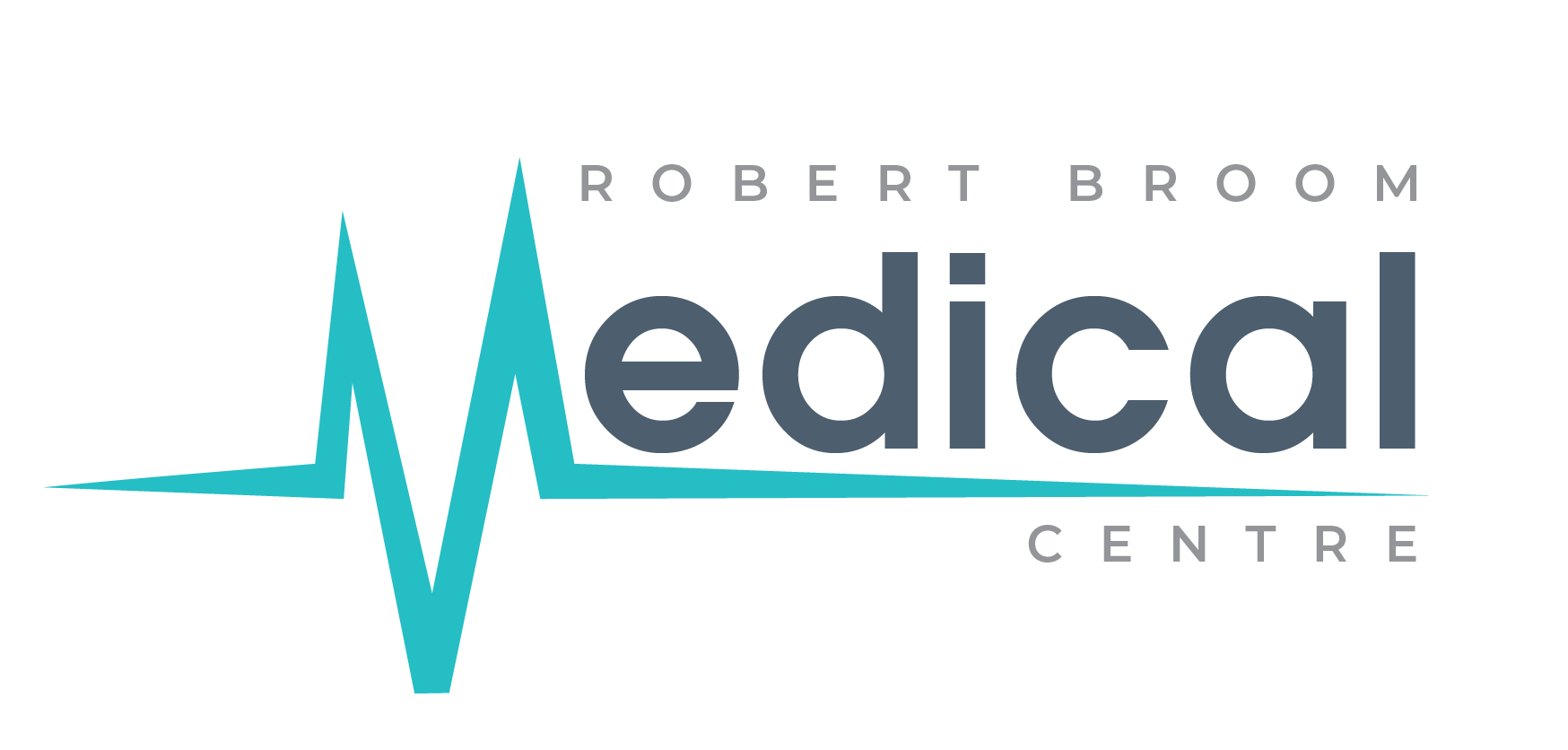Our Services
Produced health and medical information written for you to make informed decisions about your health concerns.
General Health
Family Medicine
Chronic Disease Management
- Stress ECG
- Lung functions
Prevention & Wellness
We do Discovery Vitality Checks
Vaccinations
Insurance Medicals
Blood Tests
Laboratories: Ampath, Pathcare & Lancet
Public Driver Permit
Minor Trauma
Small Surgical Procedures
ADD/ADHD
What is ADHD? (Attention Deficit Disorder With Hyperactivity)
ADHD is a developmental disorder recognised by significant symptoms of, Inattention (difficulty in concentrating), Hyperactivity (disorganised, excessive levels of activity), and Impulsive behaviour.
These symptoms affect more than one part of your child’s life, for example how they cope at home, at school and in other social settings.
ADHD is not a benign disorder. Statistics show that 32-40% of kids with this disorder drop out of school, 70-80% under-achieve and 20-30% of adults with this condition may suffer with depression.

The Predominantly inattentive Group is called ADD (Attention Deficit Disorder)
They are a group of children (20-30%) with mostly inattention problems. They are not excessively hyperactive or impulsive behaviour. The most common type is the combined type with all three classical signs of the disorder. A small group consists of mostly hyperactive – impulsive children (less than 15%)
- The disorder is usually inherited.
- Some studies have shown a possible correlation between a mother’s use of cigarettes, alcohol or drugs during pregnancy and ADHD.
- Prenatal and peri natal obstetric complications as well as low birth weight are also associated with ADHD.
- Brain injuries or diseases.
- Free fatty Acid Deficiencies.
ADHD is not caused by
- Poor parenting and lack of discipline.
- Wrong diet and fool allergies or Candida infections.
Pre School Years
- The child is restless (always on the go)
- Insatiable curiosity
- Fearless – may endanger self or others
- Vigorous and often destructive play
- Demanding, argumentative, noisy
- Interrupts others
School children
- Easily distracted
- Homework poorly organised, careless errors, often incomplete or lost.
- Do not reach academic potential.
- Blurts out answer before question completed (often disruptive in class)
- Low self esteem
- Displays aggression
- Difficult peer relationships
- Does not wait turns in games
- Unwilling or unable to do chores at home
- Accident prone
Adolescents
- Procrastinates and displays disorganized school
- Work with poor follow through
- Fails to work independently
- Poor self-esteem
- Poor peer relationships
- Inability to delay gratification
- engage in ‘risky’ behaviour – speeding, unprotected sex and substance abuse
ADHD negatively affects the child’s – interaction with other children ability to follow family routine, mealtimes, family activities and parent’s emotional health.
Diagnosing ADHD can be difficult and requires information from a number of sources. It should be made in a timely, comprehensive assessment conducted by a medical doctor with expertise in ADHD. It should also involve the child, his/her parents, care-givers and the child’s school, and take into account cultural factors in his/her environment.
Assessing a child usually begins with gathering complete medical, school and family histories and doing a medical exam to exclude other conditions.
As ADHD cannot be determined by a simple blood test or physical evaluation, the diagnosis should only be made after symptoms have persisted over an extended period of time, and interfere with the ability to function.
Physical examination should be done to make sure that there is no evident underlying physical illness, hearing should be checked, and any history of epilepsy sought.
Symptoms must be evaluated carefully against what is expected and that developmental level; the assessment needs to be full enough to find any alternative explanation of the symptoms that may be present.
A well-thought out and Comprehensive Treatment plan should be developed for the patient with ADHD. The treatment plan should be regularly reviewed and modified if the patient’s symptoms do not respond. Medication combined with psychosocial interventions is most effective.
Medication is not a cure for ADHD but research show significant improvement in academic performance, social interaction, participation in sport and family unit cohesion.
The medicines licensed in South Africa for ADHD are Methylphenidate (known as Ritalin or Concerta) and Atomoxetine (Strattera).
Your doctor will determine the most suitable treatment for your child. Side-effects are minor and usually related to the dosage. Most common side effects include headache, reduced appetite, stomach ache and sleeplessness.
Your doctor will sit down and discuss all possible pros and cons regarding medicine as well as possible side-effects.
The existence of other types of problems are very common and include Oppositional Defiance Disorder (ODD), Anxiety or Mood Disorders, and Learning disabilities.
It is important that the other conditions are also effectively managed.
For sure.
ADHD effects approximately 4% of adults worldwide. Adults present with poor planning and organisation, poor memory, emotional distress. They have difficulty finishing daily jobs and often lower occupational achievement. Adults can be treated effectively with medication.
A team effort with parents, teachers and doctors working together, is the best way to help your child. Equip yourself with knowledge about the condition, so that you can make informed decisions. Unfortunately there is a lot of misinformation and children are often not achieving their potential because of parent’s unrealistic fears of medication. Give your child a fair chance, they deserve it.
Helpful websites – www.adhdsupport.co.za; www.help4adhd.org; www.myadhd.co.za
A last thought: ADHD children are very energetic, enthusiastic and creative.
Love them and help them grow into responsible, balanced adults.
Information supplied by:
Dr. Anne-Marie Nel
Contact no: (011) 954 1263/4
Email: admindrnel@robertbroommedical.co.za
Booking Procedure
If you would like to make an appointment for your child for a medical evaluation regarding attention/emotional problems.
Please read the following important information.
Feel free to email us for any further questions: admindrnel@robertbroommedical.co.za
Covid-19
We are carefully monitoring updates for the most current information and recommendations as to how to respond to the coronavirus pandemic. We are prepared to manage possible Covid-19 patients.
We request however that the following procedures/protocols should be followed in order to protect;
- Our other patients
- Our staff especially other clinical staff.
Please take note of the measures we have put in place and protocol we are asking you to adhere to going forward?
There will be more thorough screening by receptionists when you make an appointment and they will ask more specific questions pertaining to the nature of your appointment.
If you suspect that you might be positive with the Corona-virus we request you to follow these instructions?
- You need to book a consultation telephonically. In the event that our reception-staff have not screened your appointment properly, you will have to state that you suspect that you might have Covid-19.
- A certain time will be allocated to you. This is to ensure that your exposure to other patients and staff are kept to the minimum.
- You will be requested to stay in your motor vehicle and will be provided with a dedicated cellphone number through which one of our nurses will communicate with you.
- Once notified that we are ready for your consultation, you will be requested to use a separate/dedicated entrance. After examination you will be asked to leave through the same entrance.
- Please allow ± 48 hours for doctor to confirm swab-test and results with you.
- If you are a private patient, we kindly request that you will make payment via EFT?.
We will continue to monitor this situation closely and are committed to adopting practices that offer the best protection for our patients and staff. For any updates on our protocols or change of information, please visit our website www.robertbroommedical.co.za or our Facebook-page.
For any other information regarding Covid-19 we suggest to visit www.nicd.ac.za
Wishes of good health and keeping each other safe.

